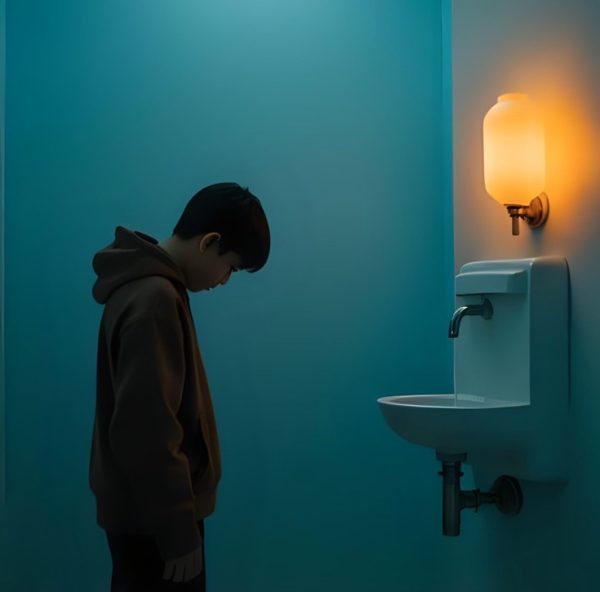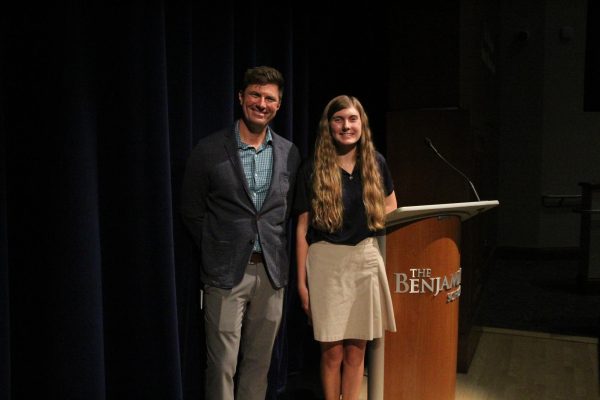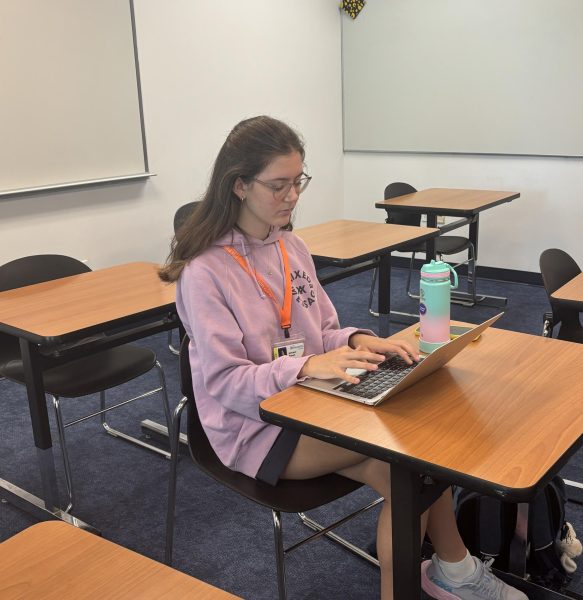Concern Mounts as Monkeypox Cases Rise
Monkeypox was officially declared a public health emergency by the Biden administration on Aug. 4.
There had been over 7,000 cases confirmed in the United States by the Center for Disease Control (CDC) to that date. The most prominent symptom of the disease is lesions, typically on the arms or legs. Additionally, some people contract flu-like symptoms like a fever or sore throat.
It typically takes between 2-3 weeks for a person to no longer be contagious. This occurs when all of the lesions scab and resolve.
The disease is spread through close contact, and many cases in this outbreak seem to root in sexual contact. The CDC has confirmed that there isn’t a particular group that is more prone to contracting the disease, but the majority of cases have been found to be self-identifying gay men.
However, there are groups who are at higher risk for more severe symptoms; this includes people with a weakened immune system due to pre-existing conditions and young children.
Nobody in the United States had died of the disease as of Aug. 4, according to the World Health Organization (WHO), but that doesn’t rule out any severe cases from occurring. For people who have severe symptoms, they are able to take a smallpox vaccine (ACAM2000) since the two diseases are genetically similar.
A vaccine for monkeypox is made, but it is in short supply and is therefore difficult to obtain. Scientists across the globe are working on developing a high quantity of vaccines.
In order to help combat the spread of the disease, the Biden administration has formed a White House monkeypox response team.
“We are applying lessons learned from the battles we’ve fought — from COVID response to wildfires to measles — and will tackle this outbreak with the urgency this moment demands,” White House National Monkeypox Response Coordinator Robert Fenton.
The disease is much less deadly and concerning compared to COVID-19, as Dr. Amesh Adalja, an infectious-disease expert and senior scholar at the Johns Hopkins Center for Health Security, says, “monkeypox doesn’t have the same ability to infect people that the virus that causes COVID-19.”

Charlie Spungin is a senior and has been a member of The Pharcyde for four years. He is the Editor-in-Chief and formerly the Copy and Sports Editor....






